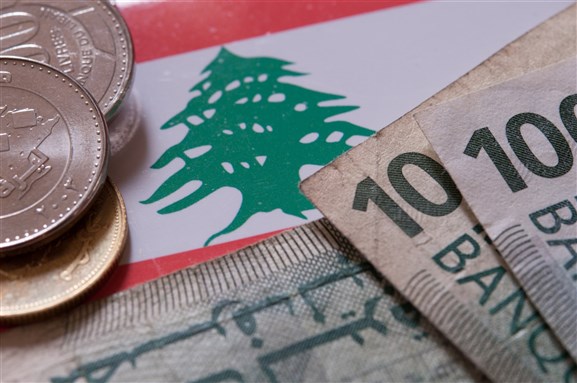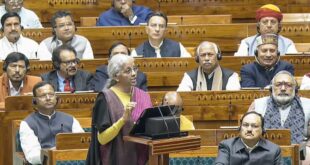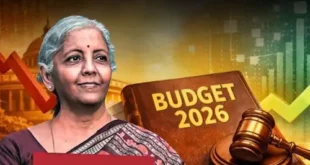Special Desk
Lebanon is in the grip of one of the worst economic crises it has seen in recent years and the World Bank says the financial crisis could rank among the world’s three worst since the mid-1800s.
The currency has lost more than 90% of its value and unemployment has skyrocketed in the country. Imported goods that were once commonplace have become scarce in the country. Medicines, food are also going tough for the residents who do not want to go long distance in wake of fuel expenses. Many residents have shifted to refugee camps to meet the expenses.
The double blow of the pandemic and the huge explosion in the Beirut port nearly a year ago that killed about 200 people and heavily damaged the capital has made what was already a bad situation much worse.

The crisis threatens to add a new element of volatility to a country at the center of the Middle East that was once a cultural and financial hub and now hosts at least one million refugees from neighboring Syria. Lebanon also forms an active front in the regional struggle for influence between Iran and Israel and the West.
The gross domestic product of the small Mediterranean country of about six million people plummeted by about 40%, to $33 billion last year, from $55 billion in 2018, the last full year before the crisis began, the World Bank said. Per capita income also fell by about the same percentage during that period, leaving more than half of the population poor.
Such severe economic contractions are usually associated with conflicts or wars the World Bank had said in May. But Lebanon’s crisis was caused by extensive deficit spending by the government that left it deeply in debt, and by unsustainable monetary policies that finally collapsed, leaving the banks largely insolvent and the value of the currency plunging, said experts.
So far, the country’s fractious political system has failed to offer more than whack-a-mole solutions to whatever the most immediate crisis appears to be: raising the prices of subsidized bread, reducing electricity production and subsidizing imports of fuel, medicine and grain to the tune of about $500 million per month from the central bank’s dwindling reserves.
Also Read : What happened to Sunny Leone’s hair
Also Read : Sydney extends lockdown for people
Last week, the Parliament passed a law to spend $556 million on a ration card program for poor families. The current cabinet resigned nearly a year ago after the Beirut port explosion. But it continues to serve in a caretaker capacity, which its members say doesn’t give them the authority to make sweeping policy decisions as the country’s political parties bicker over the makeup of a new government.
 Jubilee Post News & Views
Jubilee Post News & Views





